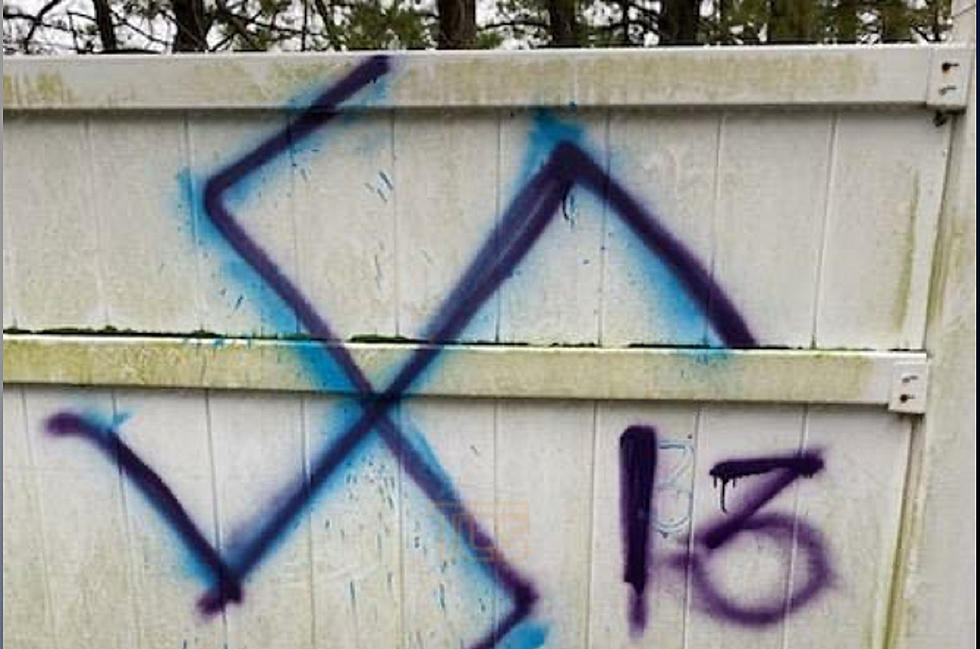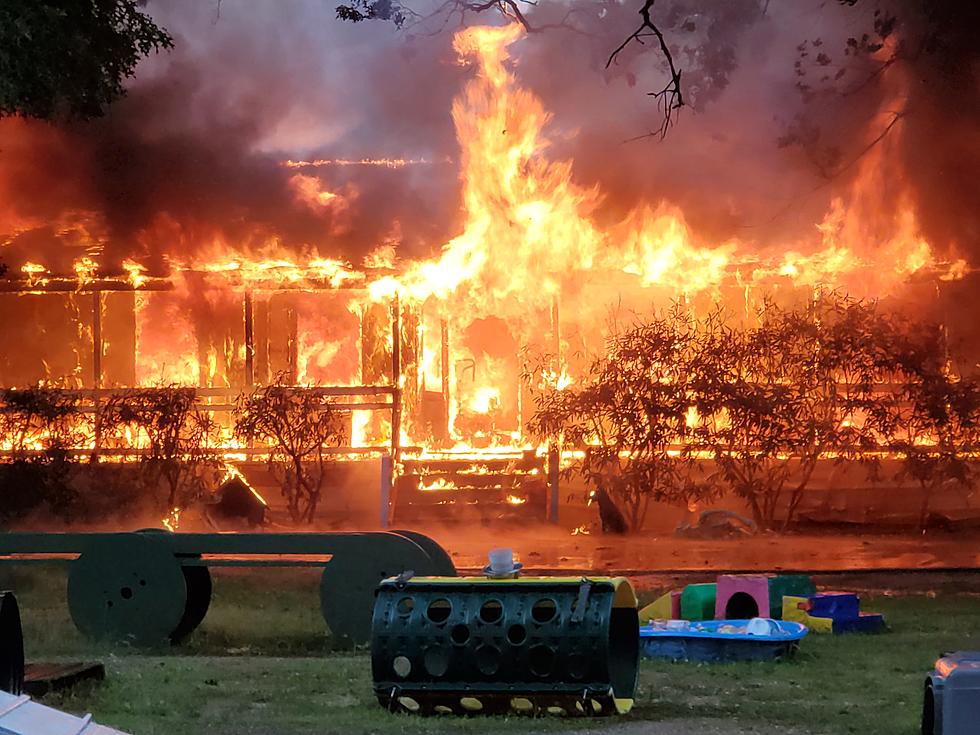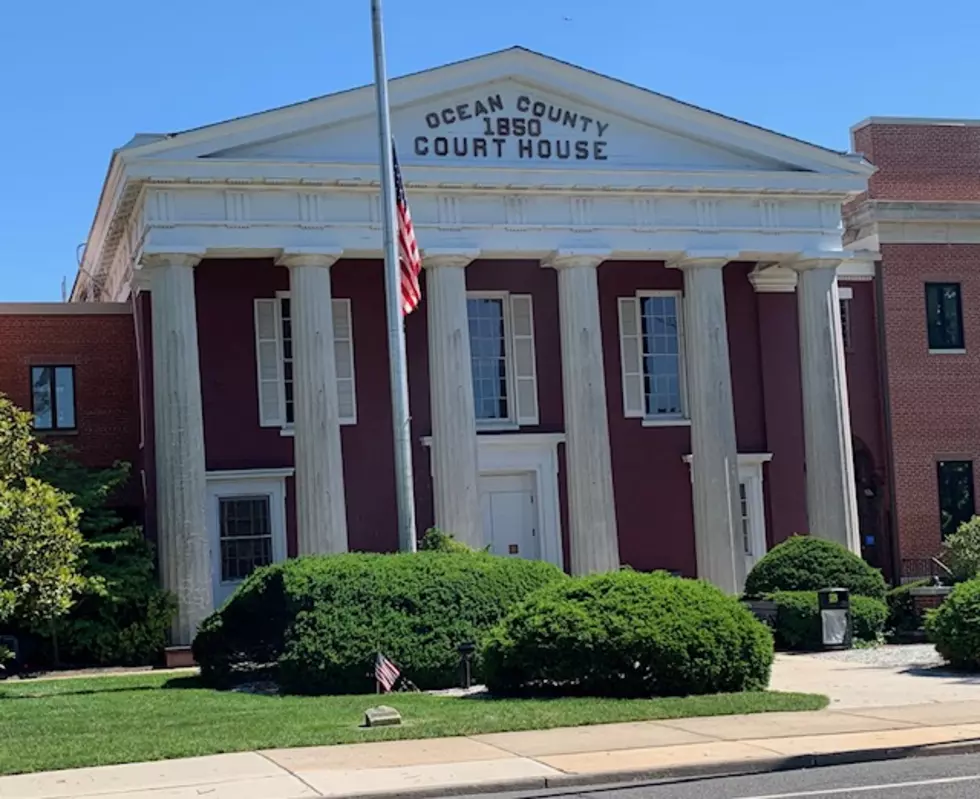
Federal prosecutors sue Jackson Twp over pervasive hate, discrimination
JACKSON — The Trump administration is taking this New Jersey township to court, accusing officials of passing laws that discriminate against Orthodox Jewish residents.
The complaint submitted this week by U.S. Attorney General William Barr and New Jersey U.S. Attorney Craig Carpenito says elected and appointed officials were influenced by mobs of bigoted residents who feared a takeover by Orthodox Jews.
At the center of the lawsuit are two 2017 ordinances that limited plans for any private or religious schools to a single zoning district in the township and that completely banned new dormitories anywhere.
The federal lawsuit says township officials, spurred by their constituents' "animus against the Orthodox community," wanted to stop plans for a yeshiva, a type of religious boarding school where Orthodox Jewish students can isolate themselves from the distractions of secular life.
Despite the township's ban on dormitories, officials turned around and approved two plans last year that call for dormitory housing. One plan approved by the Planning Board in January 2019 allows for a 60-unit dormitory at a medical research center near Six Flags Great Adventure. The board in February 2019 approved another development plan for an athletic complex with two-story buildings that could house up to 1,800 children a week during the summer.
The federal lawsuit says the township ordinances violate the Religious Land Use and Institutionalized Persons Act and Fair Housing Act, and that officials implemented the ordinances "against a backdrop of extreme animus by Jackson residents and township decision makers toward the Orthodox Jewish community and a movement by residents to keep Orthodox Jewish community members from settling in Jackson."
The Township Council is now in the process of repealing those ordinances, which they decided to do after federal prosecutors informed the municipality of the government's intention to sue. Township officials on May 12 told a crowd opposed to the repeal that the ordinances were simply redundant and that dormitories would still not be permitted. A second reading and final vote on the repeal is scheduled for May 26.
The federal government wants the U.S. District Court to declare the ordinances and the township's actions unlawful, require officials to stop discriminating against any religious group and compensate the victims.
Mayor Michael Reina on Wednesday did not return New Jersey 101.5's requests to respond to the lawsuit.
Jackson, population 55,000, is home to about 500 Orthodox Jewish families. The township neighbors Lakewood, now one of the largest municipalities in the state as a result of a boom in Orthodox Jewish residents who dominate that township's civic life.
Jackson's friction with the Jewish population began before these two land-use ordinances. Officials have faced a number of lawsuits, including one filed by a developer and religious group that was denied approval for a dormitory as a result of the 2017 laws.
The federal government's lawsuit says support for the ordinances was ostensibly to combat "overdevelopment" but was in fact tainted by anti-Semitism.
The lawsuit says that residents of Jackson and neighboring communities have “expressed hostile views toward the Orthodox community and have expressed concerns that the Orthodox community will continue to increase and change the township’s culture.”
Jackson officials made statements “demonstrating that they are aware of and support residents’ animus against the Orthodox community and by taking actions to adversely impact the ability of the Orthodox community to locate in the township," the complaint says.
In 2015, the township adopted an ordinance establishing a no-knock registry in response to complaints that Jews in Lakewood were going door-to-door to pressure Jackson residents into selling their homes. That year Mayor Reina urged residents at a community meeting “not to sell their properties in order to preserve the character of the township," the federal government's lawsuit says.
In 2016, officials began ordering municipal workers to investigate whether Jewish residents were violating place-of-worship zoning rules by holding prayer group meetings in homes. Township Business Administrator Helene Schlegel complained that the municipality was spending too much “valuable time and money checking every complaint," the federal lawsuit quotes her as saying.
In 2017, the township adopted an ordinance to prohibit the Orthodox Jewish community from erecting an eruv — wires strung on utility poles, with the utility company's permission, that establish a boundary where members of the community could perform tasks like push a wheelchair or stroller during the sabbath.
During the 2017 public meetings concerning the land-use ordinances, residents “made comments in support of the ordinances as a way to prevent the Orthodox community from further populating Jackson," the lawsuit says, quoting Councilman Ken Bressi saying that Councilman Barry Calogero told him that “the first dorm built in this town for them (Orthodox Jews) — I leave this town.”
Calogero resigned from the council this month after being criticized for calling for the National Guard to enforce pandemic orders in Ocean County, which many said was an attack on the Jewish population of Lakewood. Calogero has said his resignation was not related to the backlash against his comment.
The federal government's lawsuit also points to several online groups as sources of hate and influence on local officials. One of those groups was Rise Up Ocean County, which Facebook banned earlier this year and which the Anti-Defamation League cited in a report this month detailing a significant rise in anti-Semitism in New Jersey.
The lawsuit says the Facebook group Jackson NJ Strong urged people to join Citizens United to Protect Our Neighborhoods, “a group purportedly against development and espousing anti-Semitic views.” In August 2019, Zoning Board Chairman Sheldon Hofstein, Zoning Board member Joseph Sullivan and Planning Board member Richard Egan resigned after being criticized for participating in a CUPON meeting.
The lawsuit also details several hate crimes that have been reported in the township since 2017, including Nazi graffiti painted on a vacant home in May 2019, a swastika that was carved into playground sand in November 2017, and a criminal charge against a resident accused of swerving his car and yelling at two Orthodox Jewish people in September.

Here are some tips for self-care during the pandemic:
More From Beach Radio










